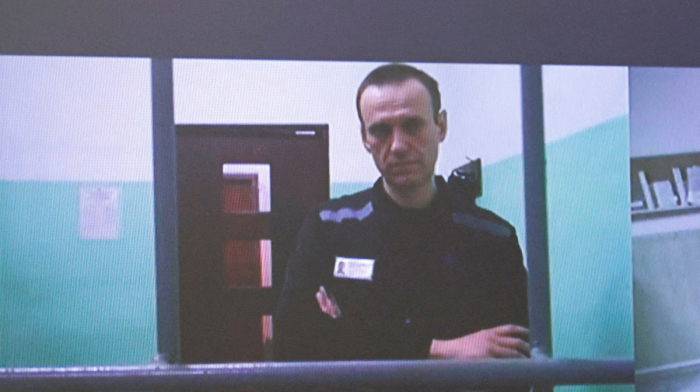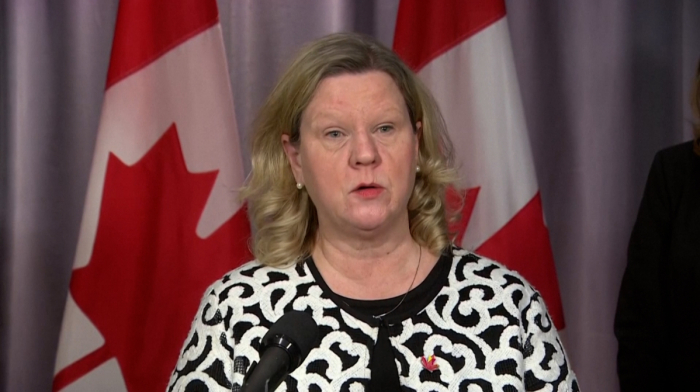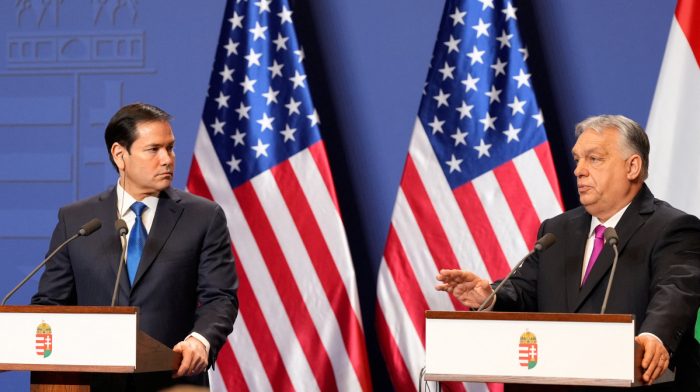The Senate of Uzbekistan approved amendments to the Criminal Code that allow prisoners to shorten their sentences by reading books.
For every book completed from an approved list, three days will be deducted, up to a maximum of 30 days a year. The initiative is intended not only to encourage literacy but also to shape what officials call “correct spiritual and moral values.”
Similar practices have been tried abroad, most notably in Brazil, which introduced a reading-for-sentence-reduction program in 2012, and later in countries such as Bolivia and Kazakhstan. These initiatives showed that reading can be a powerful tool for rehabilitation, offering inmates education, perspective, and a sense of purpose.
Prison officials in Uzbekistan say that the measure will apply to about 13,500 inmates who are required to serve their sentences in full, though it will not extend to those serving life terms. To ensure fairness, a special commission will assess whether inmates have genuinely studied the books, and its recommendations will be confirmed by a court. The commissions will include prison staff, educators, psychologists, and public representatives.
Authorities also stress that prison libraries are already well equipped, with more than 214,000 titles in Uzbek, Russian, English, and Braille, as well as audiobooks. Popular titles among inmates include works by Uzbek writers such as Togay Murad and Otkir Hoshimov, alongside world classics like Dostoevsky’s The Idiot and Crime and Punishment.
International experts have long highlighted the transformative power of literature behind bars. A UNESCO study on Brazil’s program described reading as “a way for prisoners to develop empathy, critical thinking, and a renewed sense of purpose,” noting that books can help them “escape their environment and imagine different futures.” In Uzbekistan, lawmakers hope that offering prisoners the chance to earn freedom through books will not only reduce prison terms but also help offenders reintegrate into society with stronger values and a broader outlook.
As Senator Abdusaid Kuchov put it during the debate, “There are many examples of people who committed crimes but found their way back to life through books.”



















What is your opinion on this topic?
Leave the first comment